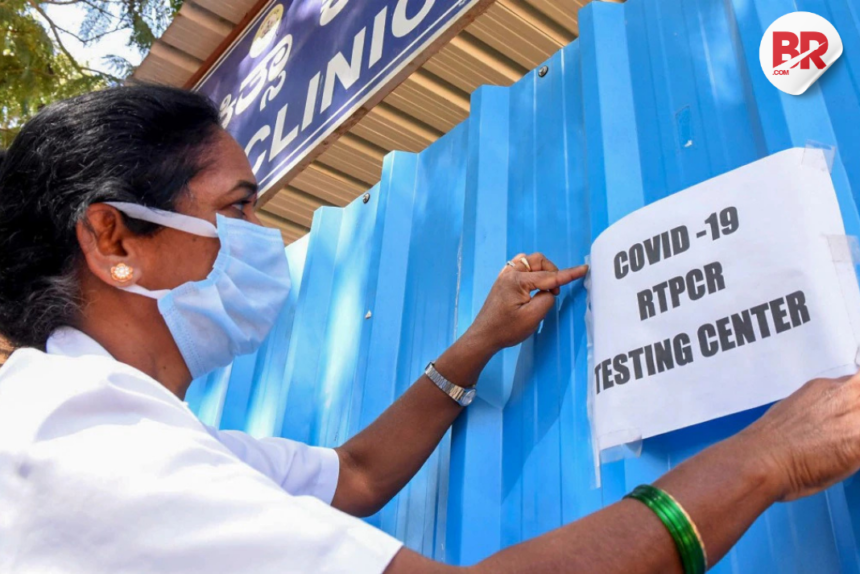India is seeing a rise in Covid-19 cases again. As of Tuesday night, the Health Ministry reported 1,010 active cases. Most new infections are in Maharashtra, Karnataka, Tamil Nadu, and Kerala. This rise has caught many off guard.
So, what’s causing it? And should you be worried?
The numbers are still low compared to past waves. However, experts warn that we can’t ignore this trend. Like a sequel nobody asked for, Covid-19 is back with some fresh twists.
One of those twists is a new virus subvariant called NB.1.8.1. It was found in Tamil Nadu and sent to India’s genome sequencing team, INSACOG, for study. While it sounds like a secret agent codename, so far, there is no evidence this variant causes more severe illness. But it shows the virus is still evolving.
The rise in cases comes from several factors. First, immunity from past infections and vaccines is fading. Older people and those with weak immune systems are more likely to get infected again.
Also Read India’s Covid Cases Surge Past 1,000, Yet CoWin Registrations Stay Shockingly Low
Second, the virus is adapting with new subvariants like NB.1.8.1 popping up. Third, seasonal weather changes are helping the virus spread.
Cooler, more humid conditions, like those caused by the early monsoon, create a perfect playground for Covid-19 and other respiratory viruses.
Another key point is that testing and monitoring have dropped since Covid-19 became endemic. With fewer tests and less genome sequencing, new cases and variants might be spreading quietly. Plus, many people have relaxed mask use and social distancing, which only helps the virus move faster through crowds.
This pattern is not unique to India. Singapore and other Southeast Asian countries have seen similar increases. Singapore’s cases jumped nearly 30% in early May.
But in India, the spike is focused in a few states. Kerala alone accounts for 43% of active cases, followed by Maharashtra at 21%. Delhi, Gujarat, and Tamil Nadu share the rest.
Six deaths reported in Maharashtra, Kerala, and Karnataka since May 19 are not yet confirmed to be due to Covid-19.
The Health Ministry plans to boost testing over the next two weeks, especially among those with symptoms. This should help spot outbreaks earlier and keep the situation under control.
For now, the dominant strains in India are JN.1 and BA.2. The World Health Organization is watching one Variant of Interest (JN.1) and seven other Variants Under Monitoring, including NB.1.8 and LF.7. No Variants of Concern have been identified yet.
If you’re over 60 or have health issues, it’s wise to wear masks in crowded places. Keep your hands clean and isolate yourself if you feel sick. The virus isn’t done with us yet, but with some caution, we can keep it in check.




